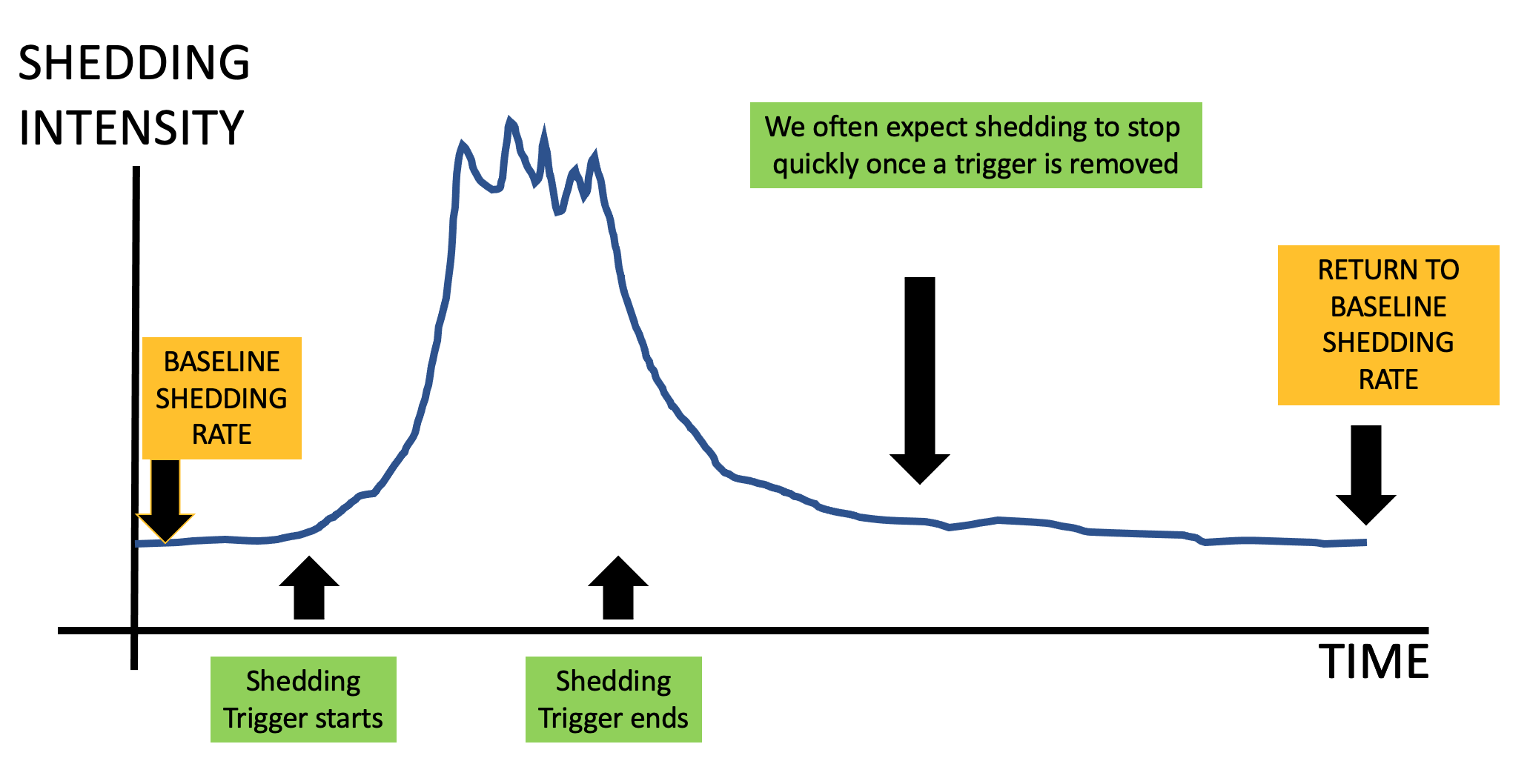The Resolution of Telogen Effluvium: Expect a Few Bumps
Telogen effluvium “TE” refers to a type of hair loss whereby affected patients shed more hair than normal. A variety of so called “triggers” are well know to cause telogen effluvium including stress, low iron, thyroid problems, medications and diets.
Once the “trigger” is identified, fixed and removed, hair shedding will slow and eventually shedding returns to normal. Hair regrows! What is interesting about the resolution of telogen effluvium is that some patients stop shedding fairly quickly once a trigger is addressed and others experience shedding for a prolonged period before shedding settles. It can take 6 months for some before shedding returns to baseline.
Telogen Effluvium Does Not Always resolve Predictably
What is also quite peculiar about how hair regrows after a telogen effluvium is that some patients experience marked improvement for a few weeks only to find that their daily shedding rate then increases again for a few weeks before finally settling back down towards normal. I often liken hair shedding to an extremely bumpy road.
The resolution of a telegen effluvium can be bumpy. Shedding may decrease rapidly once a trigger is identified and fixed but it might not always stay that way - at least not initially.
How we often feel a telogen effluvium should resolve:
The reality of how a telogen effluvium will often resolve:
Conclusion
It’s exciting to see hair shedding slow down and eventually return back to normal rates of shedding. The process of getting there is often bizarre and carries seemingly no logic. Periods of increased shedding and decreased shedding are part of the resolution of a telogen effluvium. These sorts of ups and downs can be emotionally difficult for patients but can very much be a normal part of how some patient’s telogen effluvium resolves.
This article was written by Dr. Jeff Donovan, a Canadian and US board certified dermatologist specializing exclusively in hair loss.



